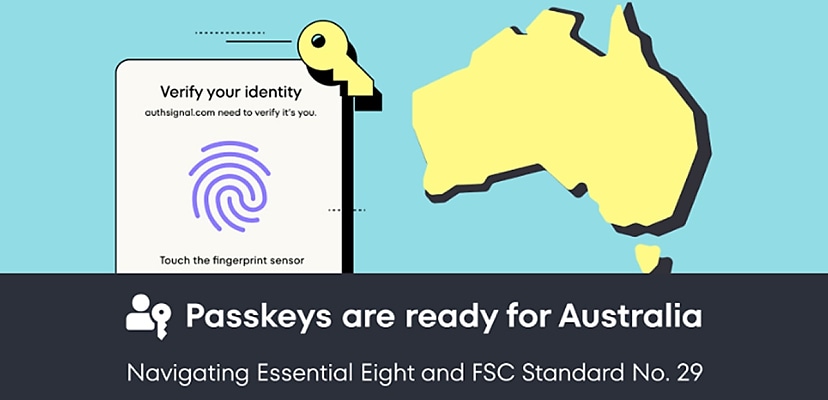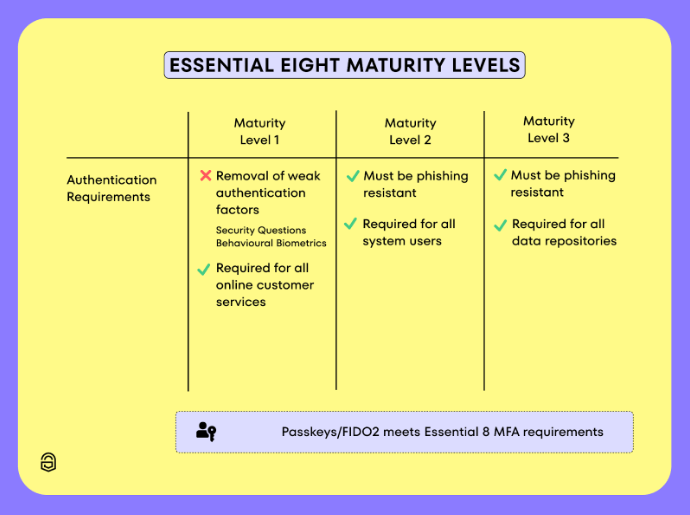Share this article on:
Powered by MOMENTUMMEDIA
Powered by MOMENTUMMEDIA
Breaking news and updates daily.
Australia and New Zealand (ANZ) are rapidly investing in and strengthening their nationwide cyber security postures, and credit is due when great success stories emerge, especially in a world of weekly cyber security horror stories.

In the past twelve months, we’ve seen unprecedented leadership across the cybersecurity ecosystem from the unlikeliest of early movers: governments, airlines, financial industry bodies, and large enterprises.
The critical steps taken in ANZ to enhance its cybersecurity postures help protect against increasingly sophisticated cyber threats. Bolstering public trust in digital services and positioning both countries as global leaders in cybersecurity, enhancing national resilience to future threats and ensuring a safer and more secure digital environment.
New standards
Australia has released Essential Eight and, more recently, FSC Standard No. 29, released on March 13, 2024. New Zealand followed with the Digital Identity Services Trust Framework Act 2023. In the article, we explore where passkeys fit into Australia's and New Zealand's growing MFA requirements and highlight real-world deployments that have shown that suggest that passkeys are ready for wide-scale adoption.
FSC Standard No. 29
FSC Standard No. 29 outlines comprehensive measures for superannuation funds to protect their customers from scams and fraudulent activities. The standard, effective from July 1, 2024, on a voluntary basis and mandatory from July 1, 2026, covers the following key areas:
Read more about FSC Standard No. 29
The Essential Eight Framework
The Essential Eight Framework, developed by the Australian Cyber Security Centre (ACSC), provides key mitigation strategies to protect users and mitigate cyber security threats. From November 2023, highlights key measures for evolving threats, especially for consumer-facing applications. The framework is made up of maturity levels ranging from Level 0 (not implemented) to Level 3 (fully implemented).
See the table below to better understand MFA requirements:

![]()
These updates underscore the shift towards stronger phishing-resistant MFA implementation to combat evolving cybersecurity threats.
Read more about the Essential Eight Framework
Digital Identity Services Trust Framework Act 2023
The Digital Identity Services Trust Framework Act 2023 is a legislative act passed in New Zealand to create a structured and secure framework for digital identity services. This act was introduced to Parliament in September 2021, passed its final reading in March 2023, received Royal Assent in April 2023, and will come into force on July 1, 2024.
Read more about Digital Identity Services Trust Framework Act 2023
Unlikeliest of early movers:
myGov's recent adoption of passkeys
On July 4, 2024, myGov introduced passkeys, becoming one of the first digital government services in the world to do so. This implementation made passkeys accessible to over 26 million myGov accounts. The introduction of passkeys aligns with the government's goals to modernize digital identity verification and enhance the user experience.
Air New Zealand's recent adoption of passkeys
Air New Zealand, an award-winning airline known for its world-class hospitality, now delivers robust account security. Central to this is their move to passwordless authentication using passkeys, which offer faster, easier, and more secure sign-ins.
Collectively, myGov and Air New Zealand have made passkeys available to close to 30 million people across Australia and New Zealand. Justin Soong, CEO at Authsignal, says, “Passkeys have now become mainstream, and there are now no blockers in the way of widespread adoption.”
What are passkeys, and how do they help?
Based on FIDO standards, passkeys are a replacement for passwords that provide faster, easier, and more secure sign-ins to websites and apps across a user’s devices. Unlike passwords, passkeys are always strong and phishing-resistant.
Passkeys simplify account registration for apps and websites, are easy to use, work across most of a user’s devices, and even work on other devices within physical proximity.
According to the FIDO Alliance, there are over 13 billion accounts worldwide that can use passkeys for sign-in, including those of major global consumer brands like Adobe, Amazon, Apple, Google, Hyatt, Nintendo, PayPal, Playstation, Shopify, and TikTok. Major tech giants like Apple, Google, and Microsoft have integrated passkey support into their operating systems, ensuring native compatibility across almost all modern smartphones and computers. This broad integration has made passkeys accessible to billions of users globally
Source: https://fidoalliance.org/content-ebook-consumer-password-and-passkey-trends-wpd-2024/
Modernize your consumer authentication experiences by Implementing passkeys
Consider Authsignal, a plug-and-play identity and authentication platform that allows Australian and New Zealand enterprises, such as Air New Zealand, to integrate advanced security measures like MFA and passkeys.
Built to integrate with any identity stack through a single API or OpenID Connect (OIDC). Our system works with various identity platforms/stacks, including AWS Cognito, Auth0, Azure B2C, Duende IdentityServer, ForgeRock, etc.
Be the first to hear the latest developments in the cyber industry.